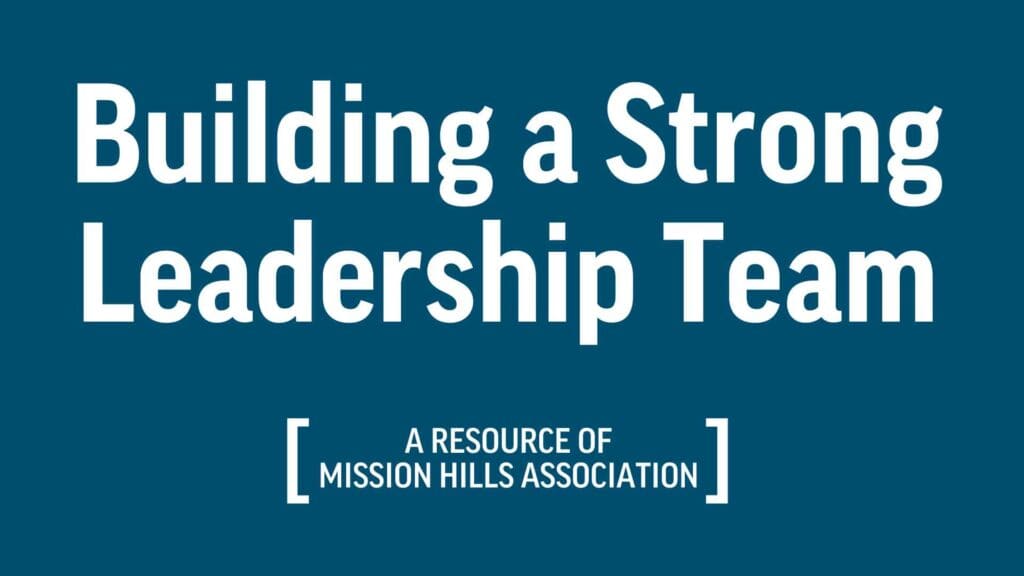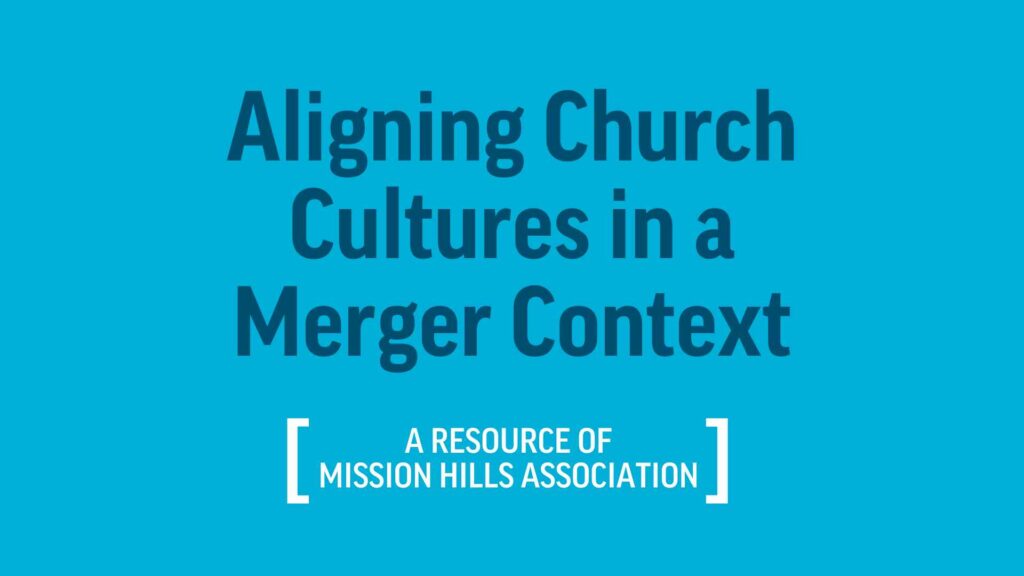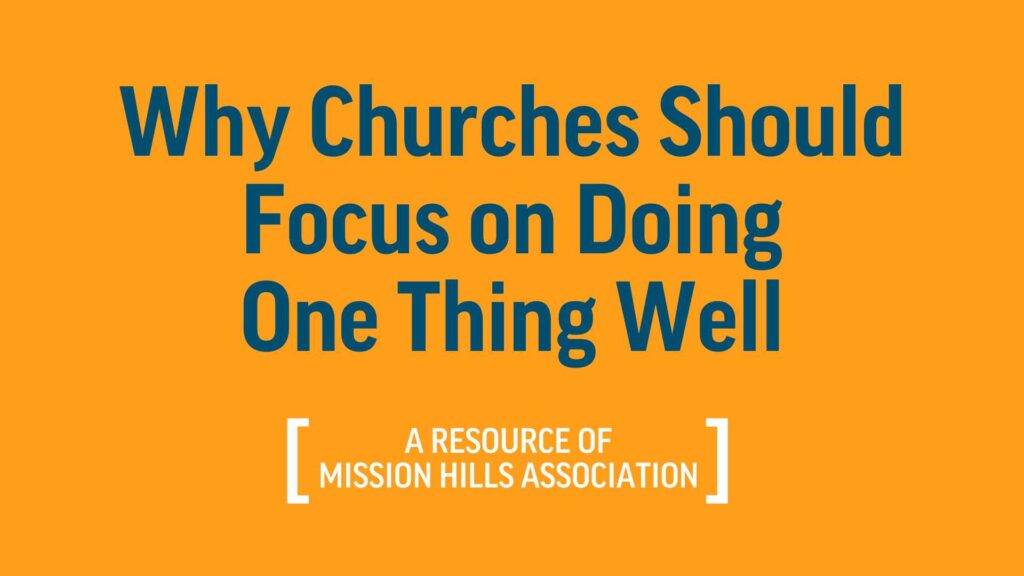
Deconstruction is such a hot-button word that it feels easier to just ignore versus write a post about it. It’s also tempting to use a different word, because so many people think of deconstruction differently, some with very good connotations and some very bitter. We will be using deconstruction in this article to refer to any kind of questioning, reevaluating, or undoing of a believer’s faith or connection to the church.
It’s true that this topic feels easier to ignore. But it’s too large and looming to do so. The longer you spend in the ministry, the more you’re going to have to reckon with the hard questions that the people you’ve been called to shepherd are asking.
While deconstruction can feel scary to watch others (or yourself) enter into, it is (at its best) an opportunity to ask important questions that move us closer to knowing God. Rather than pushing out the people in your church who may be having doubts or struggles, you have an opportunity for your church to show up as an immense help, Biblical guide, and faithful sanctuary for those who are asking hard questions.
Here are some helpful ways you can approach these conversations when you have them with your congregation:
Affirm their sharing + get context
Thank them for their vulnerability, and also ask where they’re coming from as they ask these questions. Are they in a place where they want you to be very involved, asking lots of questions and providing advice? Or do they need you to sit silently and listen? Do they need someone to cry with, or do they need to be told that they’re going to be okay? Understand where they’re coming from and let that inform your response.
Find out why
Understanding what led to their questioning in the first place is a great way to begin understanding where they’re at. Explore with them whether there is a deeper hurt that may need to be addressed before these questions at the surface are explored. Depending on their response, this could be a time to explore whether they could benefit from working with a counselor or therapist, in addition to talking with you or other spiritual leaders in their life.
Be slow to speak, but quick to ask follow up questions
Good questions can only be asked when good listening is involved, and asking good questions rather than trying to immediately provide answers will be a welcome response for your young adults who are struggling. But even when they do ask for your advice, it’s crucial to move slowly. The thing about deconstruction is that those in the midst of it are asking questions for a reason – if the answers are all handed to them, they won’t stay satisfied for long. Help them learn to think through questions in a healthy way, and seek to guide them gently towards answers that you truly believe will help.
In all of these conversations, there is a challenge to engage in hard conversations while also holding a steadfast commitment to the truth of the word of God. The good news of the Gospel is that we don’t have to be threatened by others around us who are ask questions – we can be pastoral while being compassionate, and discerning without being harsh.
There are scenarios where people who are deconstructing are searching for reasons to throw off every bit of their faith and turn to their flesh. But rather than viewing deconstruction exclusively as a threat, we find it helpful to view it as potential for young adults (or anyone!) in your congregation to throw off cultural or denominational stumbling blocks that are preventing them from following Jesus wholeheartedly. Our job as pastors and church leaders is to help these individuals water the soil of their life, slowly learning to discern what fruit is good and what is rotting.
The people among us who are willing to ask hard questions have a lot to teach us about bravery, and we have an immense privilege to draw them back to the Gospel in the midst of it.
This article was written in collaboration with JG Mottice. If you want to continue the conversation, you can contact him at jgmottice@missionhills.org.
Interested in learning more about Mission Hills Association and gaining access to our members-only resources? Contact us today!




